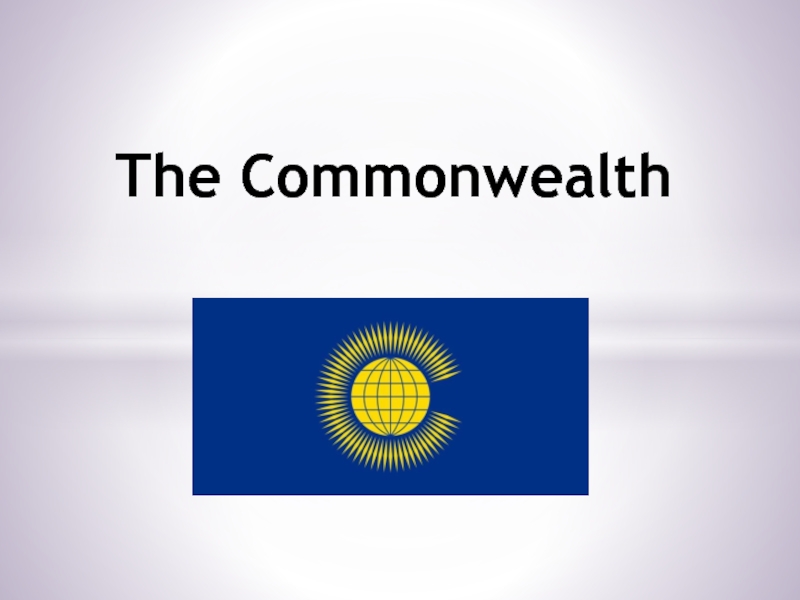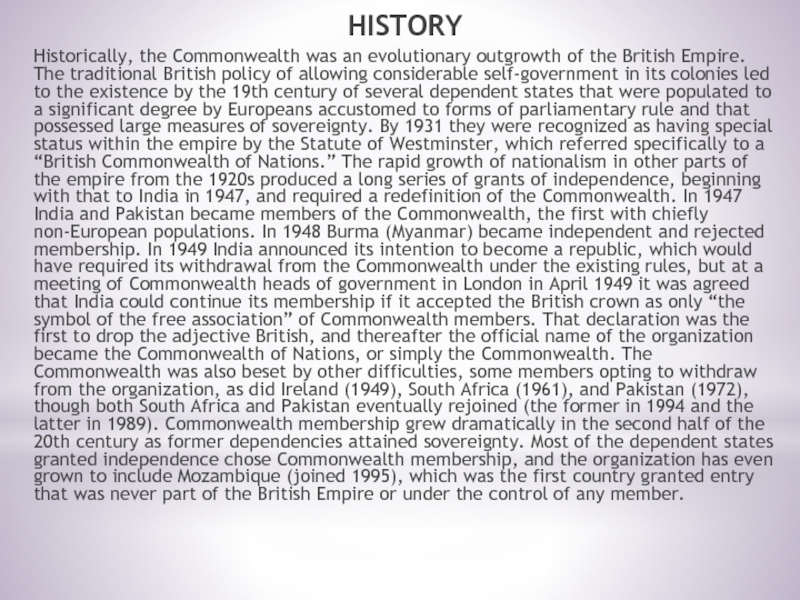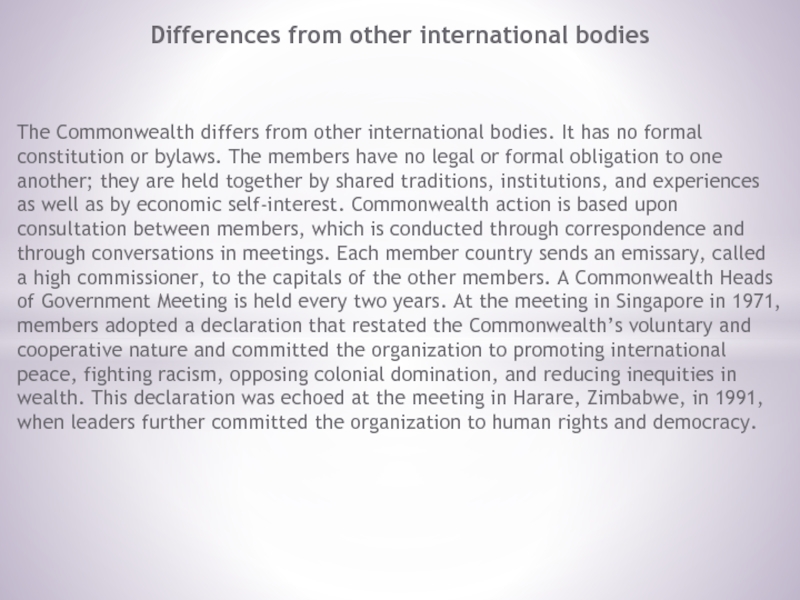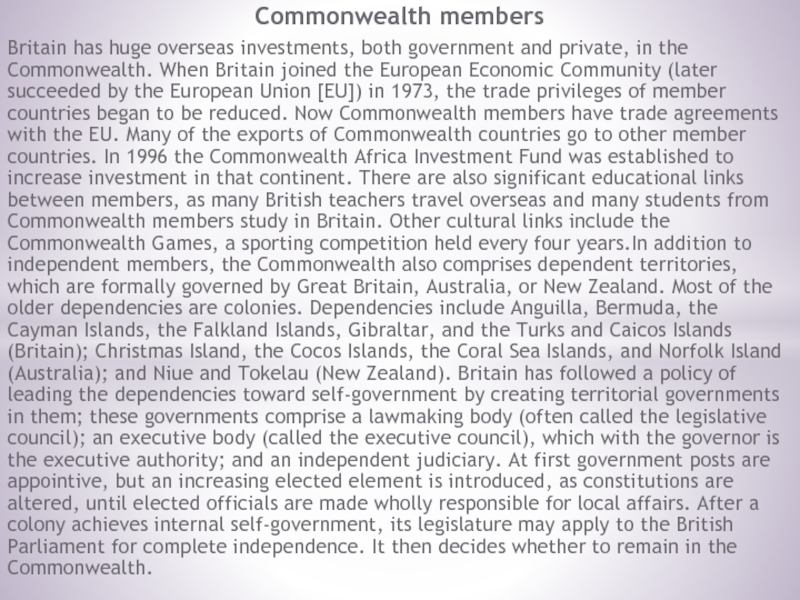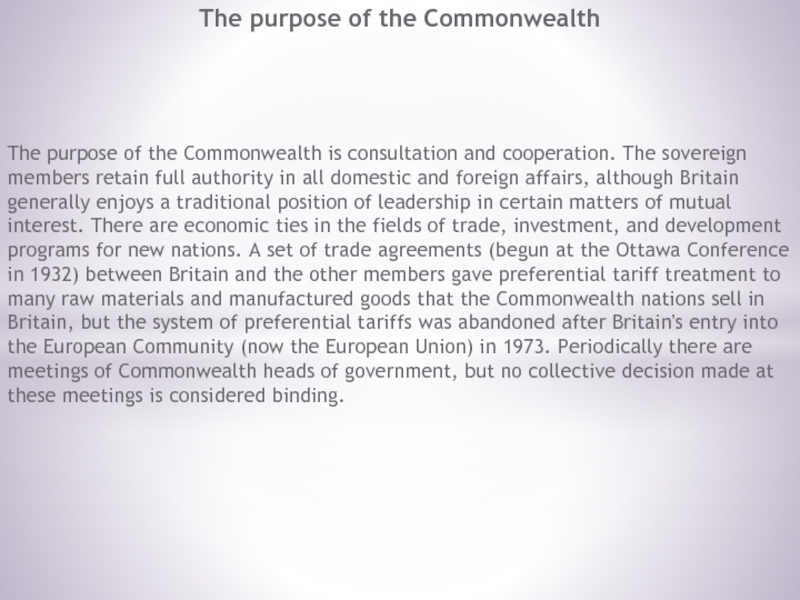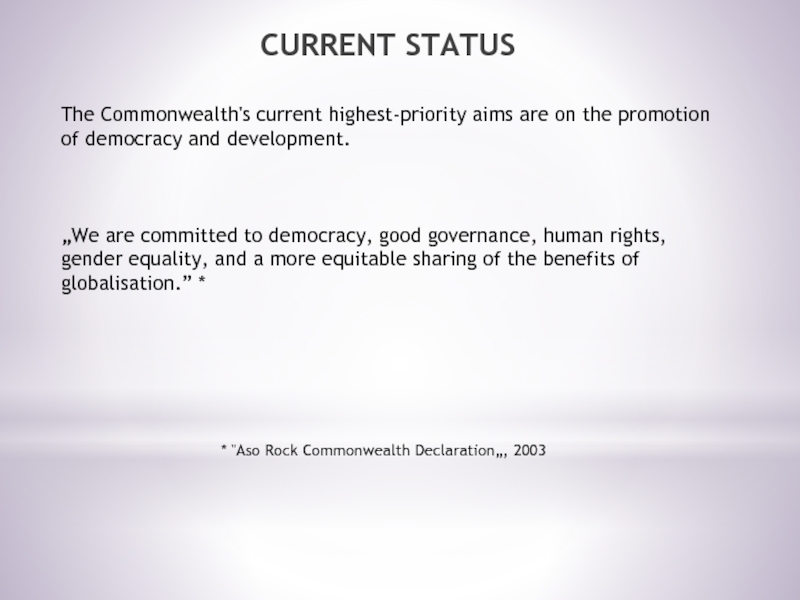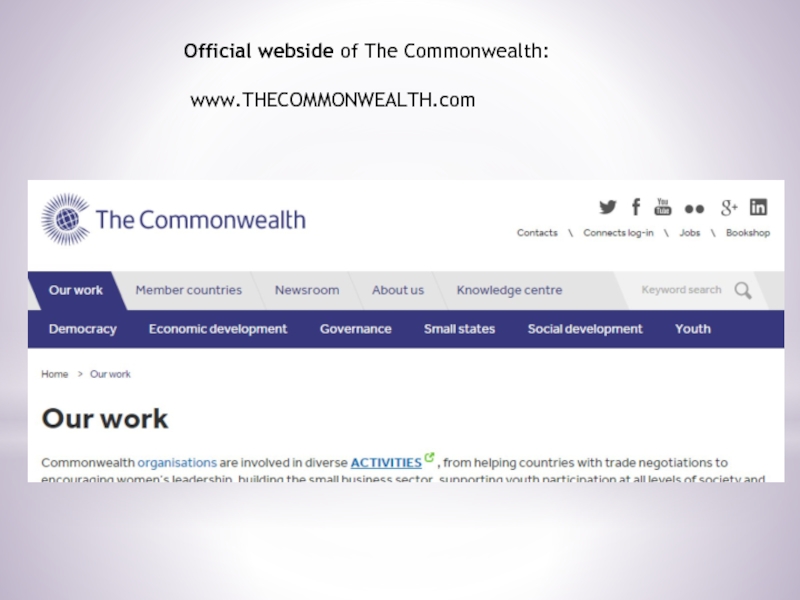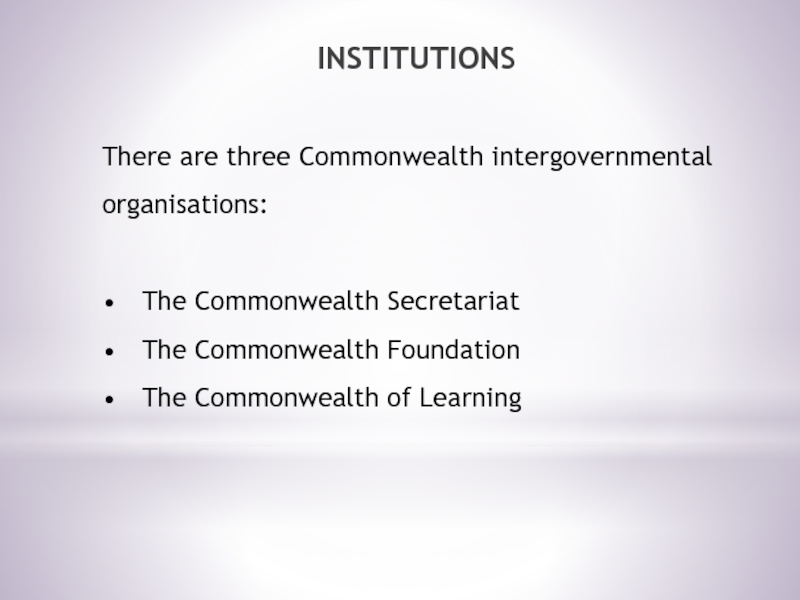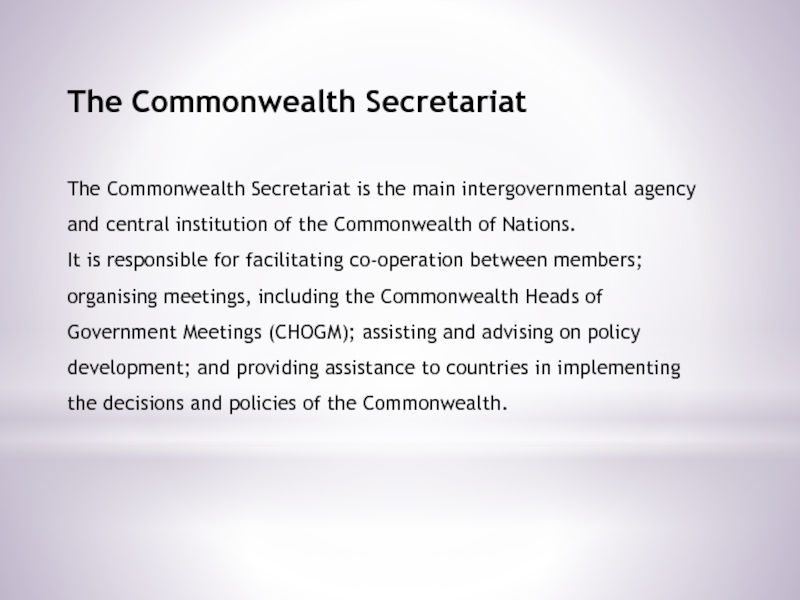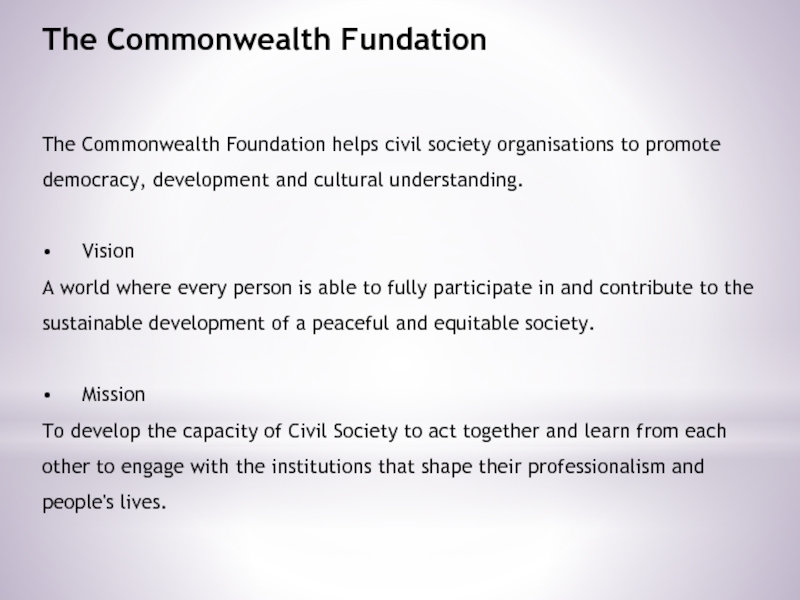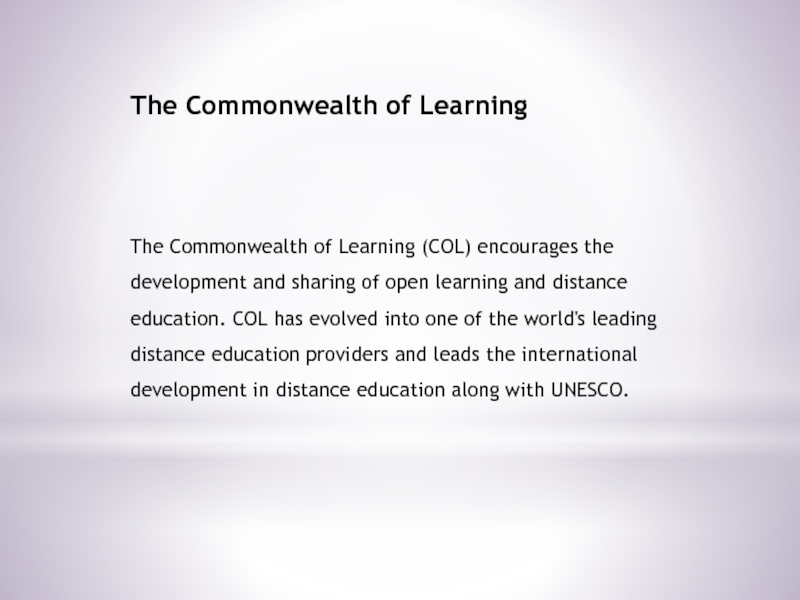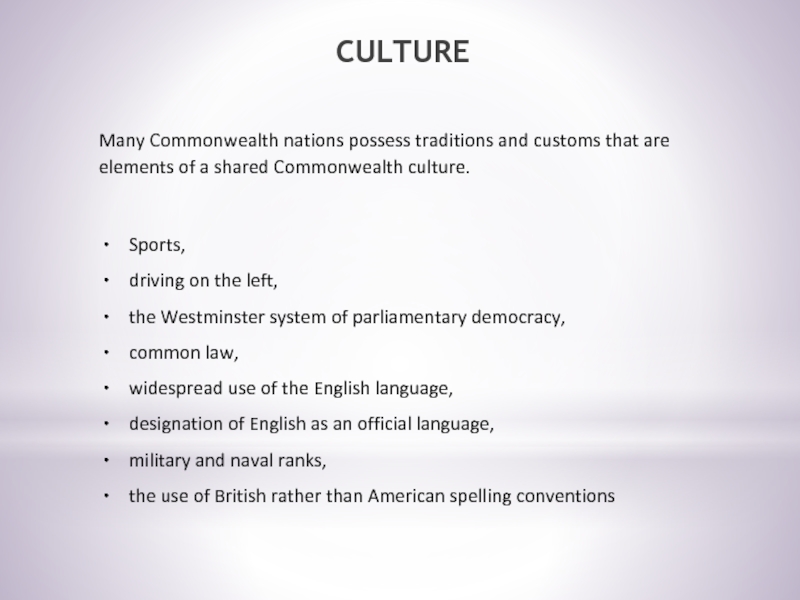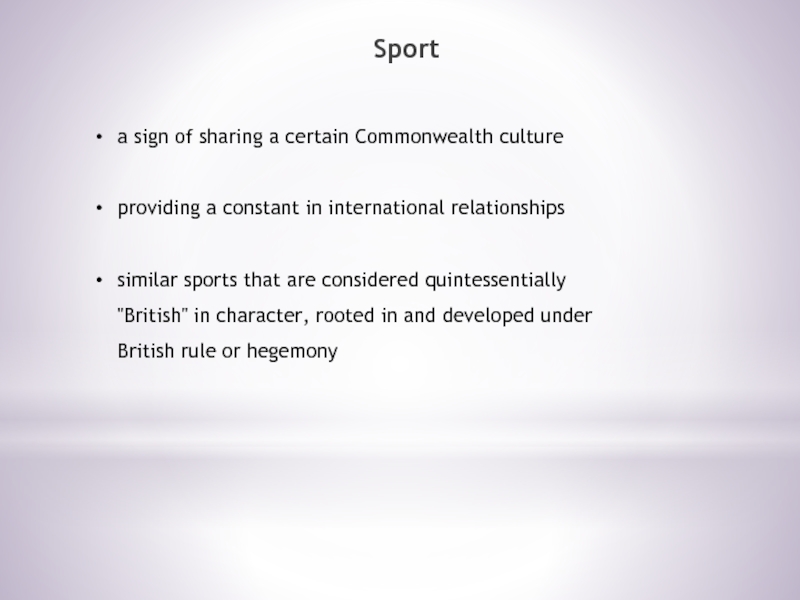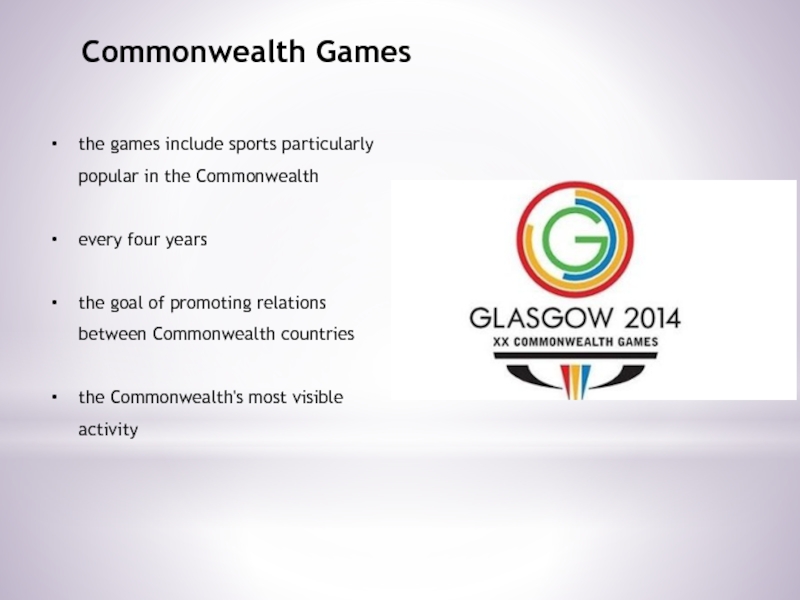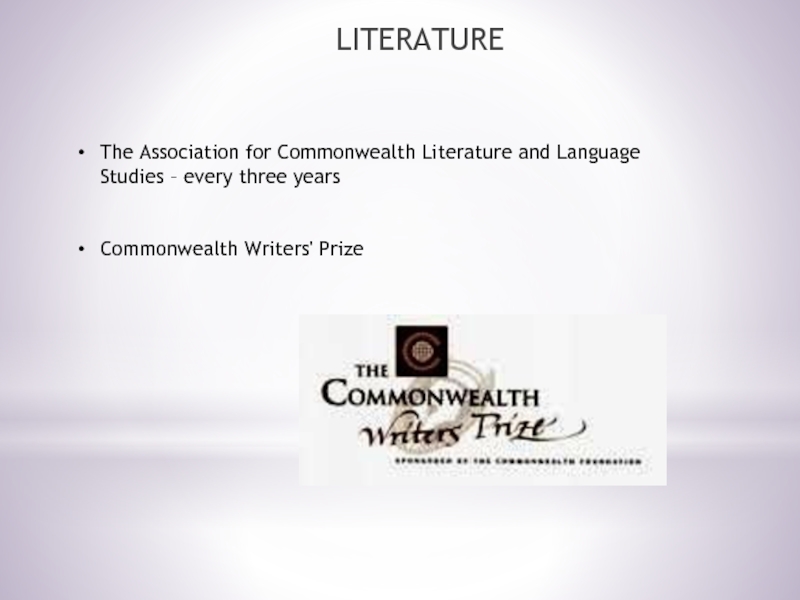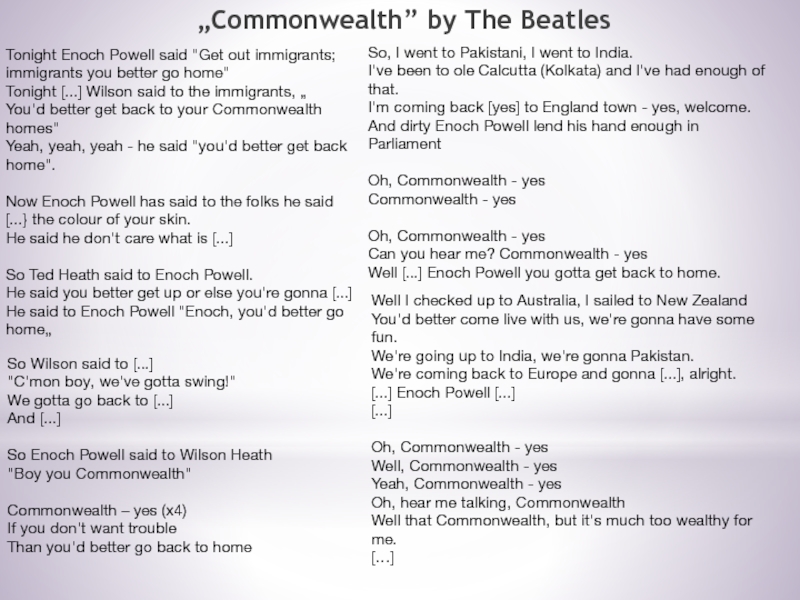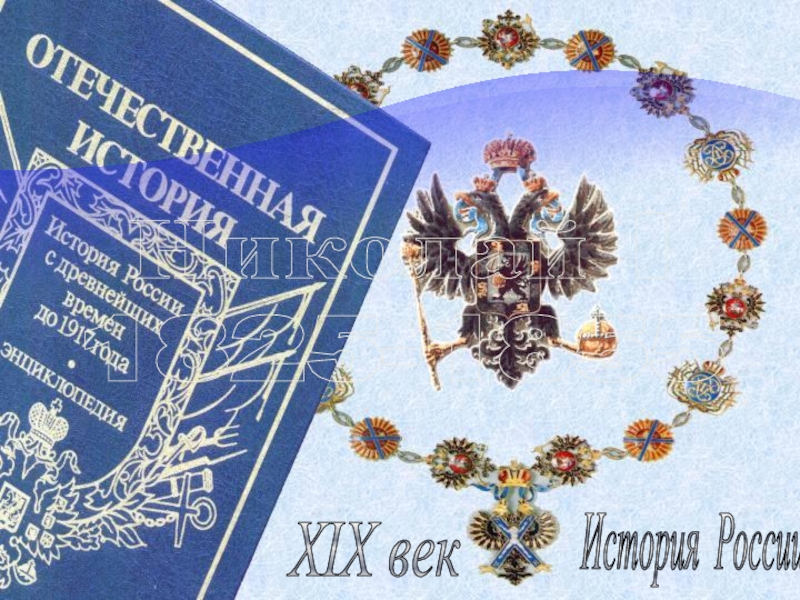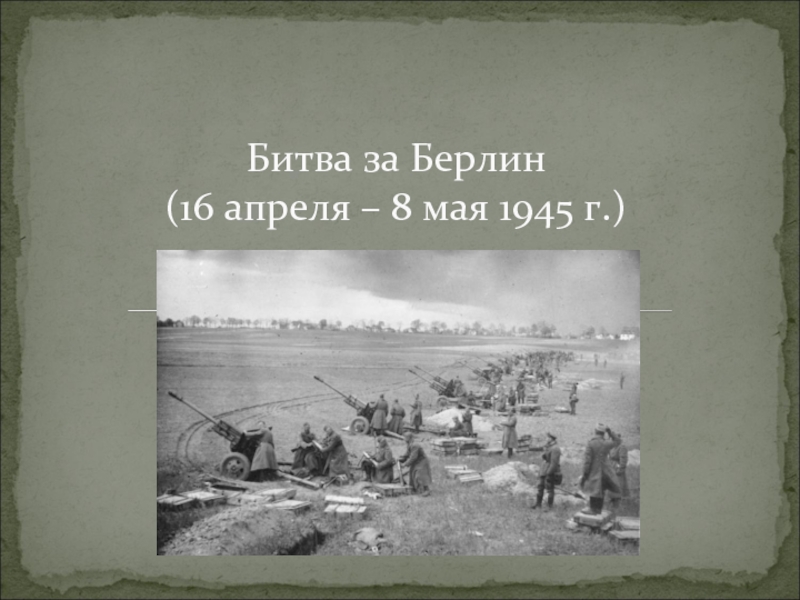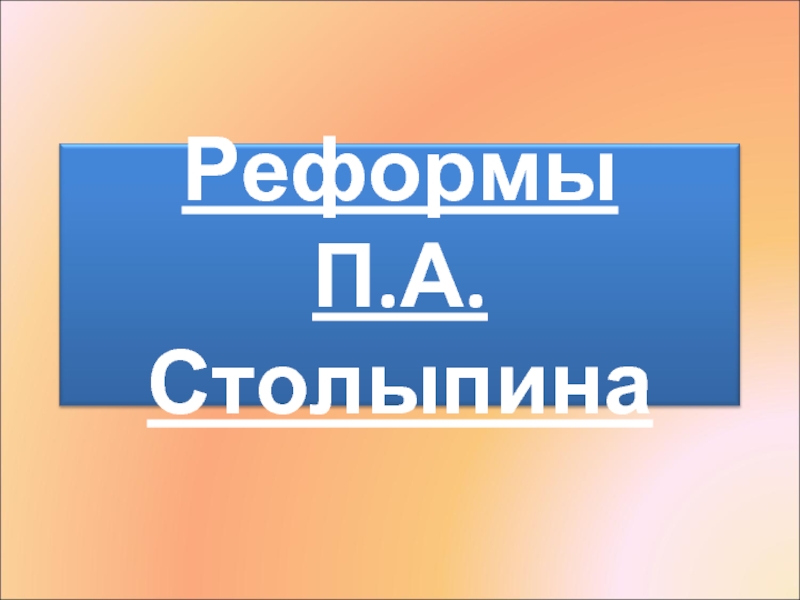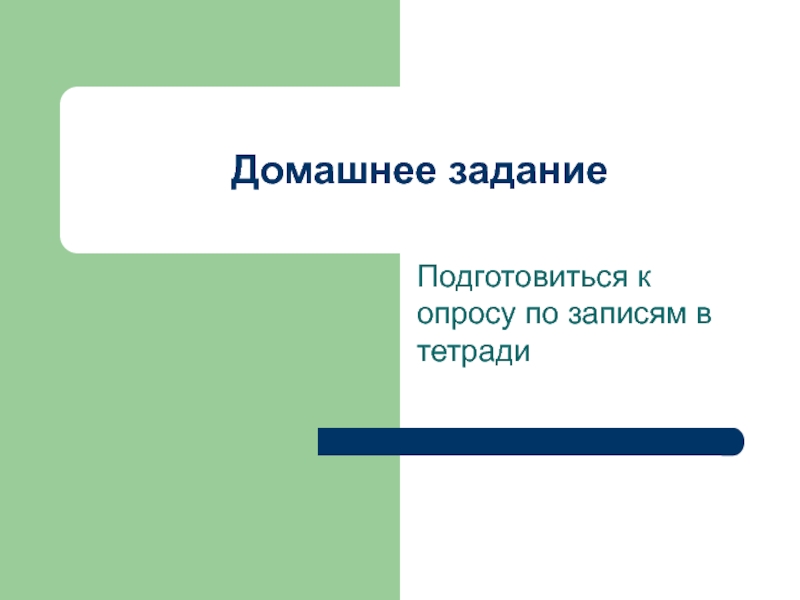- Главная
- Разное
- Дизайн
- Бизнес и предпринимательство
- Аналитика
- Образование
- Развлечения
- Красота и здоровье
- Финансы
- Государство
- Путешествия
- Спорт
- Недвижимость
- Армия
- Графика
- Культурология
- Еда и кулинария
- Лингвистика
- Английский язык
- Астрономия
- Алгебра
- Биология
- География
- Детские презентации
- Информатика
- История
- Литература
- Маркетинг
- Математика
- Медицина
- Менеджмент
- Музыка
- МХК
- Немецкий язык
- ОБЖ
- Обществознание
- Окружающий мир
- Педагогика
- Русский язык
- Технология
- Физика
- Философия
- Химия
- Шаблоны, картинки для презентаций
- Экология
- Экономика
- Юриспруденция
The commonwealth презентация
Содержание
- 1. The commonwealth
- 2. HISTORY Historically, the Commonwealth was an evolutionary
- 3. Differences from other international bodies
- 4. Commonwealth members Britain has huge overseas investments,
- 5. The purpose of the Commonwealth
- 6. CURRENT STATUS The Commonwealth's current highest-priority aims
- 7. Official webside of The Commonwealth: www.THECOMMONWEALTH.com
- 8. INSTITUTIONS There are three Commonwealth intergovernmental
- 9. The Commonwealth Secretariat The Commonwealth Secretariat
- 10. The Commonwealth Fundation The Commonwealth Foundation
- 11. The Commonwealth of Learning The
- 12. CULTURE Many Commonwealth nations possess traditions and
- 13. Sport a sign of sharing a certain
- 14. Commonwealth Games the games include sports particularly
- 15. LITERATURE The Association for Commonwealth Literature and
- 16. „Commonwealth” by The Beatles Tonight Enoch
Слайд 2HISTORY
Historically, the Commonwealth was an evolutionary outgrowth of the British Empire.
Слайд 3Differences from other international bodies
The Commonwealth differs from other international bodies.
Слайд 4Commonwealth members
Britain has huge overseas investments, both government and private, in
Слайд 5The purpose of the Commonwealth
The purpose of the Commonwealth is consultation
Слайд 6CURRENT STATUS
The Commonwealth's current highest-priority aims are on the promotion of
„We are committed to democracy, good governance, human rights, gender equality, and a more equitable sharing of the benefits of globalisation.” *
* "Aso Rock Commonwealth Declaration„, 2003
Слайд 8INSTITUTIONS
There are three Commonwealth intergovernmental organisations:
• The Commonwealth Secretariat
• The Commonwealth Foundation
• The Commonwealth
Слайд 9The Commonwealth Secretariat
The Commonwealth Secretariat is the main intergovernmental agency and
It is responsible for facilitating co-operation between members; organising meetings, including the Commonwealth Heads of Government Meetings (CHOGM); assisting and advising on policy development; and providing assistance to countries in implementing the decisions and policies of the Commonwealth.
Слайд 10The Commonwealth Fundation
The Commonwealth Foundation helps civil society organisations to promote
• Vision
A world where every person is able to fully participate in and contribute to the sustainable development of a peaceful and equitable society.
• Mission
To develop the capacity of Civil Society to act together and learn from each other to engage with the institutions that shape their professionalism and people's lives.
Слайд 11The Commonwealth of Learning
The Commonwealth of Learning (COL) encourages the development
Слайд 12CULTURE
Many Commonwealth nations possess traditions and customs that are elements of
Sports,
driving on the left,
the Westminster system of parliamentary democracy,
common law,
widespread use of the English language,
designation of English as an official language,
military and naval ranks,
the use of British rather than American spelling conventions
Слайд 13Sport
a sign of sharing a certain Commonwealth culture
providing a constant in
similar sports that are considered quintessentially "British" in character, rooted in and developed under British rule or hegemony
Слайд 14Commonwealth Games
the games include sports particularly popular in the Commonwealth
every four
the goal of promoting relations between Commonwealth countries
the Commonwealth's most visible activity
Слайд 15LITERATURE
The Association for Commonwealth Literature and Language Studies – every three
Commonwealth Writers' Prize
Слайд 16„Commonwealth” by The Beatles
Tonight Enoch Powell said "Get out immigrants;
immigrants you better go home" Tonight [...] Wilson said to the immigrants, „
You'd better get back to your Commonwealth homes" Yeah, yeah, yeah - he said "you'd better get back home".
Now Enoch Powell has said to the folks he said [...} the colour of your skin.
He said he don't care what is [...]
So Ted Heath said to Enoch Powell.
He said you better get up or else you're gonna [...]
He said to Enoch Powell "Enoch, you'd better go home„
So Wilson said to [...]
"C'mon boy, we've gotta swing!"
We gotta go back to [...]
And [...]
So Enoch Powell said to Wilson Heath
"Boy you Commonwealth"
Commonwealth – yes (x4)
If you don't want trouble
Than you'd better go back to home
So, I went to Pakistani, I went to India.
I've been to ole Calcutta (Kolkata) and I've had enough of that.
I'm coming back [yes] to England town - yes, welcome.
And dirty Enoch Powell lend his hand enough in Parliament
Oh, Commonwealth - yes
Commonwealth - yes
Oh, Commonwealth - yes
Can you hear me? Commonwealth - yes
Well [...] Enoch Powell you gotta get back to home.
Well I checked up to Australia, I sailed to New Zealand
You'd better come live with us, we're gonna have some fun.
We're going up to India, we're gonna Pakistan.
We're coming back to Europe and gonna [...], alright.
[...] Enoch Powell [...]
[...]
Oh, Commonwealth - yes
Well, Commonwealth - yes
Yeah, Commonwealth - yes
Oh, hear me talking, Commonwealth
Well that Commonwealth, but it's much too wealthy for me.
[…]
